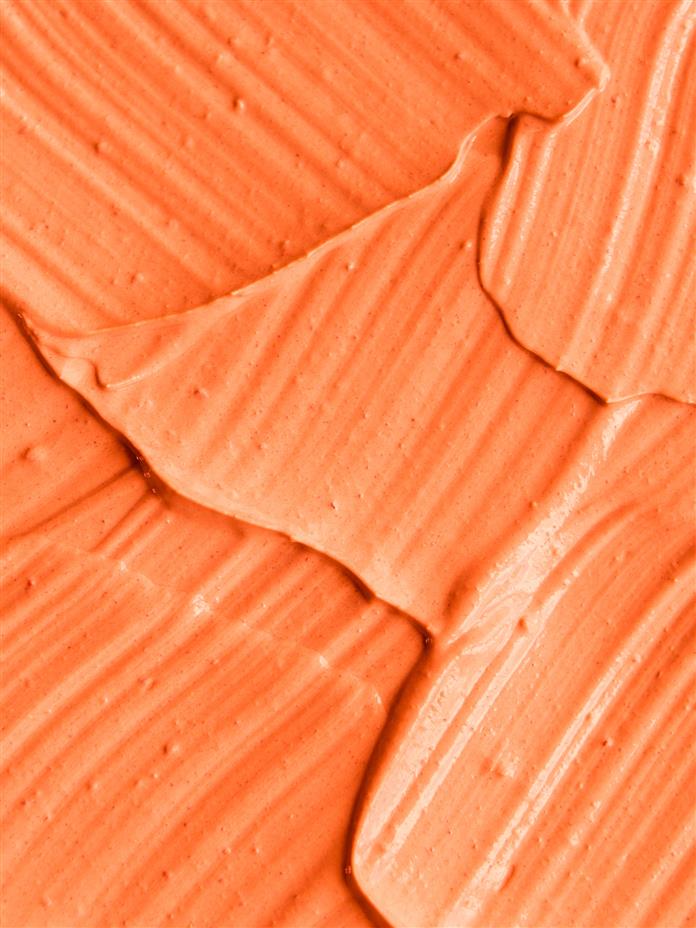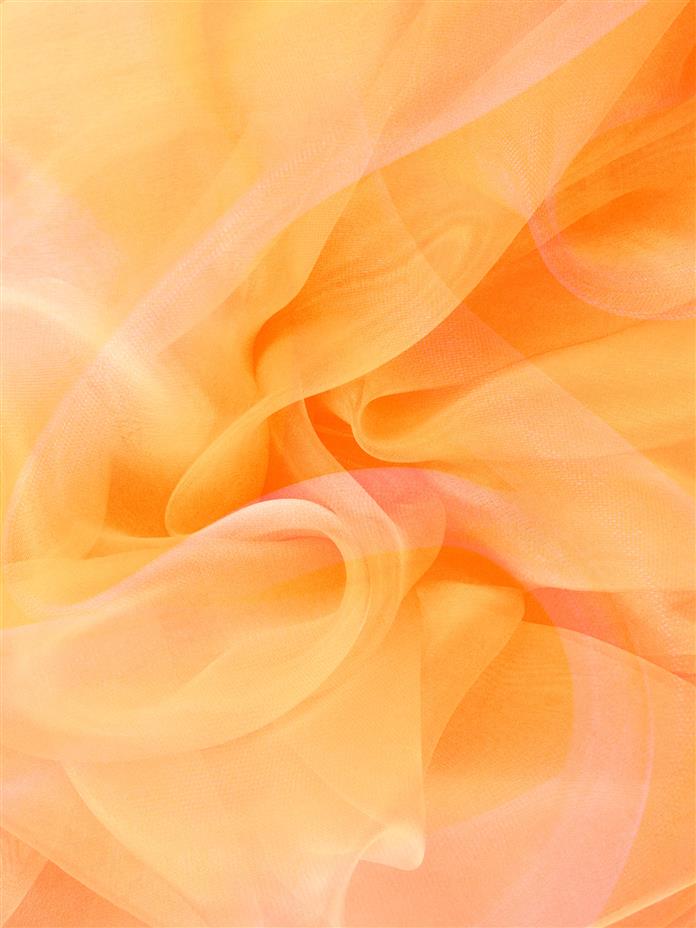
Tap to Read ➤
Wheatgrass Side Effects
Debopriya Bose


Benefits of wheatgrass are myriad. However, there are certain side effects that one must be aware of before including it in one's diet. This story discusses its benefits and side effects in detail.



Have you finally joined the group of health enthusiasts who want to benefit from the goodness of all the things green and organic? If yes, then on your search for health foods, you must have definitely come across wheatgrass. It is the young grass of the common wheat plant that is dried and changed into powder or juice to be consumed by human beings and animals. However, before hastily incorporating this plant into your list of healthy foods, why not take a look at its benefits and side effects?
Your browser doesn't support HTML5 video.
Health Benefits of Wheatgrass
If you are looking for its side effects, then you probably already know about its benefits. Nevertheless, here's a quick glance!
Abstract Colorful Wavy Background

- Vitamin B complex, Vitamin K and the various minerals and amino acids in it help to promote healing.
- Vitamins and antibacterial properties aid in digestion.
- The chlorophyll present, checks the growth of harmful bacteria in wounds.

- Antioxidants slow down the damage done to cells by free radicals, thus endowing it with anti aging properties.
- Wheatgrass juice helps boost energy levels. This is one of the main wheatgrass juice benefits. Those undergoing chemotherapy may take this juice every day.

Side Effects of Wheatgrass

I feel very happy to tell you all that there aren't many of them. The few that there are, are in fact of very mild nature. Nevertheless, since it is very important to know both the beneficial as well as the harmful effects of the foods we eat, there are a few things that we need to understand before starting off on a wheatgrass diet. Some common health problems experienced after its consumption are given below.

Nausea
Many people complain of experiencing a feeling of nausea after they have had a glass of wheatgrass juice. However, if this is the situation then it could be because the individual consumed the juice either with his meal or just after having it. It is best to consume it either on an empty stomach, early in the morning or at least an hour before having a proper meal. You should consume organic wheatgrass juice if you want to enjoy the health benefits mentioned above.

Headache
Either along with the feeling of nausea or even without it, it is possible to have headache after having consumed wheatgrass. However, this is often attributed to the detoxification effect that the body undergoes after one has consumed a glass of juice. As the body rapidly gets rid of the toxins like heavy metals, fats and metabolic wastes in the body, one experiences headache and nausea. Once the toxins have been removed from the body the effects of nausea and headache also subside. These effects are also often, although incorrectly associated with mold in wheatgrass.

Diarrhea
Those who drink wheatgrass juice for the first time or too much of it at one go, may suffer from upset stomach and diarrhea. Some may suffer from loss of appetite and constipation.

Allergic Reactions
Some people are allergic to wheat. Needless to say, such individuals must avoid wheatgrass juice supplements. Allergies manifest in the form of skin rash or hives, breathing problems, swelling of the mouth or throat. People who are allergic to molds should also avoid wheatgrass as they may have reaction to the mold growing on it.

Wheatgrass and Mold

Like other grass plants, wheatgrass is also prone to molds. The most common variety is the 'blue fuzz' mold. However, this mold is non-pathogenic, that is, it does not penetrate the wheat plant. Hence it can't cause harm to human beings.

This type of mold can be easily removed from the plant by rinsing it in water before it is processed and converted into consumable forms. However, there are other varieties of pathogenic mold like the white or brown mold. But these molds kill the plants.

This reduces the chances of ingesting these molds along with wheatgrass. Harmful effects due to mold is largely disputed. However, it is best to buy commercial varieties of the juice or supplements, to negate the possibility of suffering from the side effects due to mold.

Benefits of wheatgrass are many. Daily intake of its juice helps lower the symptoms of arthritis. Its supplements in the form of capsules are available in the market, but you should consult your physician before opting for these capsules. And it is always helpful to remember its side effects so that chances of unwanted discomfort are minimized.